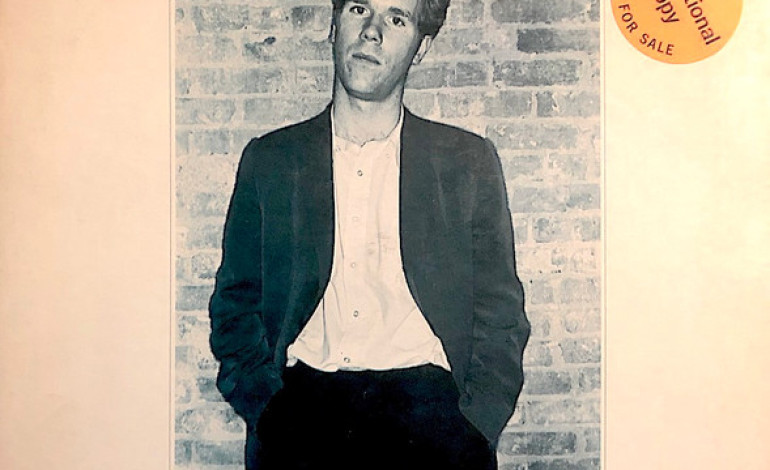
Let Us Now Praise Famous Men, pens Morrissey – the title of his reflective essay, sharing his deep admiration for Loudon Wainwright III’s 1970 self-titled debut album.
Steven Morrissey, known mononymously as Morrissey, took to his website January 26 to deliver an 800 word piece in fondness of Wainwright, gracing fans with interwoven lyrics and personal opinions on the album’s legacy, as well as diving into its influence on his own musical pursuits.
“Only the best singing voices can become the sound and image of geographical places,” writes Morrissey. “In Delaware when he was younger, Loudon Wainwright imagined his first ever LP, and unzipped it in 1970 to a narrowed public taste that left it charmless forever. On the sleeve he stood with no importance against a brick wall, in the way that classic art avoids fashion.”
The former Smiths frontman goes onto embed lyrics from ‘Loudon Wainwright III’, demonstrating the writing style of his idol and elevating his points on lyrical authenticity:
In Delaware when I was younger
I would live the life obscene
in the Spring I had hunger
I was Brando, I was Dean
It should come as no surprise to fans that the ‘This Charming Man’ singer hails Wainwright for using his hometown roots as artistic inspiration. Formed in 1982, The Smiths often made reference to their Manchester beginnings in their “classic melancholy way of penning lyrics” in songs such as ‘Miserable Lie’ and ‘Suffer Little Children’.
“He needed nothing but his solo acoustic and his impressive palette of words,” he continues. “Whoever else was offering musical dynamics in 1970 did not concern him. The voice was almost hayseed in its yearning, fully in the ‘now’ of 1969/70, saying everything whilst looking nothing, and how ridiculous it is to be afraid.”
Released in 1970 by Atlantic Records, ‘Loudon Wainwright III’ (also referred to as ‘Album I’) resulted in little commercial success for Wainwright, being something he would not achieve until the 1972 novelty song ‘Dead Skunk (in the Middle of the Road)’, for which he is best known. The album captures the American folk musician in his most vulnerable form: a then-23-year old relocating to New York City in hopes of making it in music. As of 2025, Wainwright has been a proven success in the singer-songwriter category, having released 26 studio albums over the course of his career. In 2015, he was presented with the Lifetime Achievement Award at the BBC Radio 2 Folk Awards, alongside Yusuf/Cat Stevens.
In his concluding paragraph, Morrissey praises Wainwright for his visionary approach to lyricism: “Finally, victory. Sometimes it takes the rest of the world fifty years to catch up. But they do.”
Although ‘The Swimming Song’ singer’s most recent album, ‘Lifetime Achievement’ came about in 2022, Morrissey hasn’t released a new body of music since 2020’s ‘I Am Not a Dog on a Chain.’ According to the alt pop icon, his lack of creative output in recent years comes down to a war on “free speech”, preventing him from releasing the much speculated ‘Bonfire of Teenagers’ and ‘Without Music the World Dies’ – two planned albums that, as of yet, have no confirmed release date.
More essays from Morrissey, as well as merchandise and tour announcements, are available on his website.

